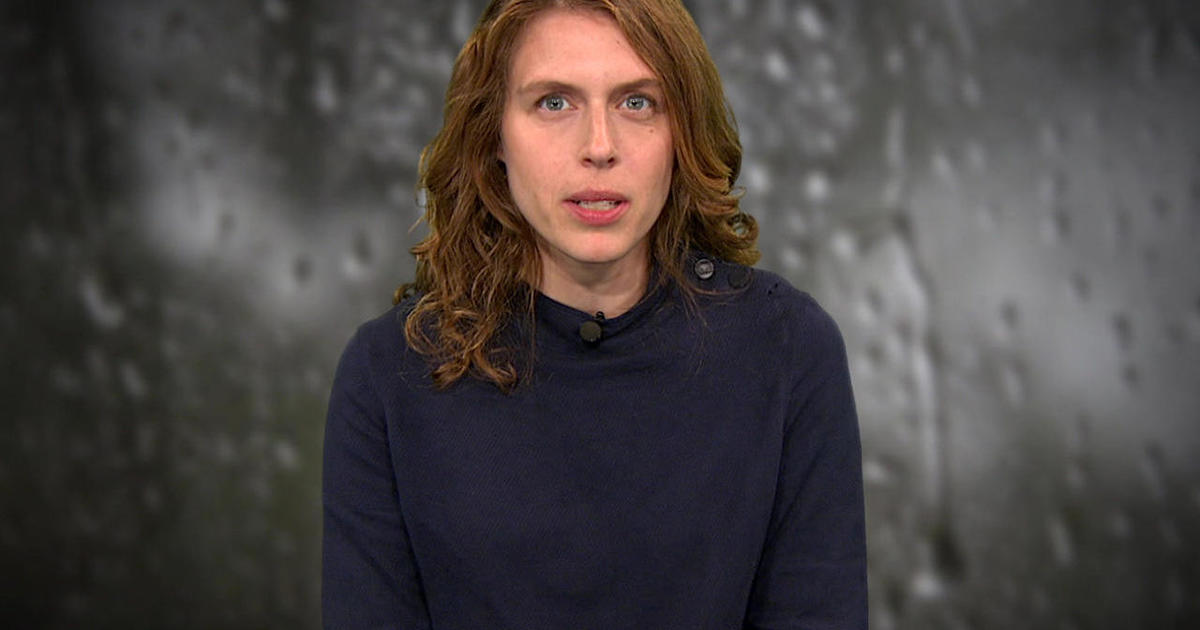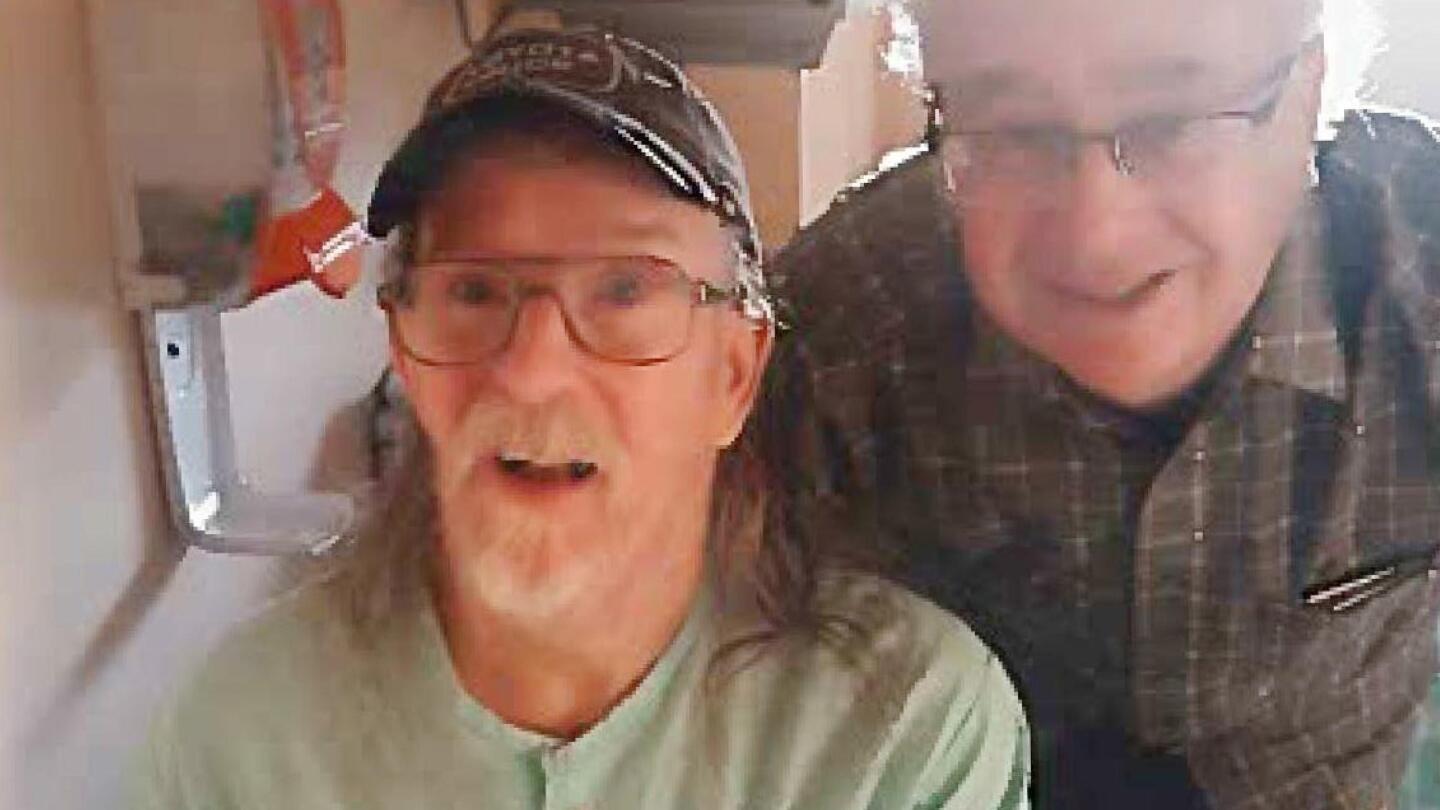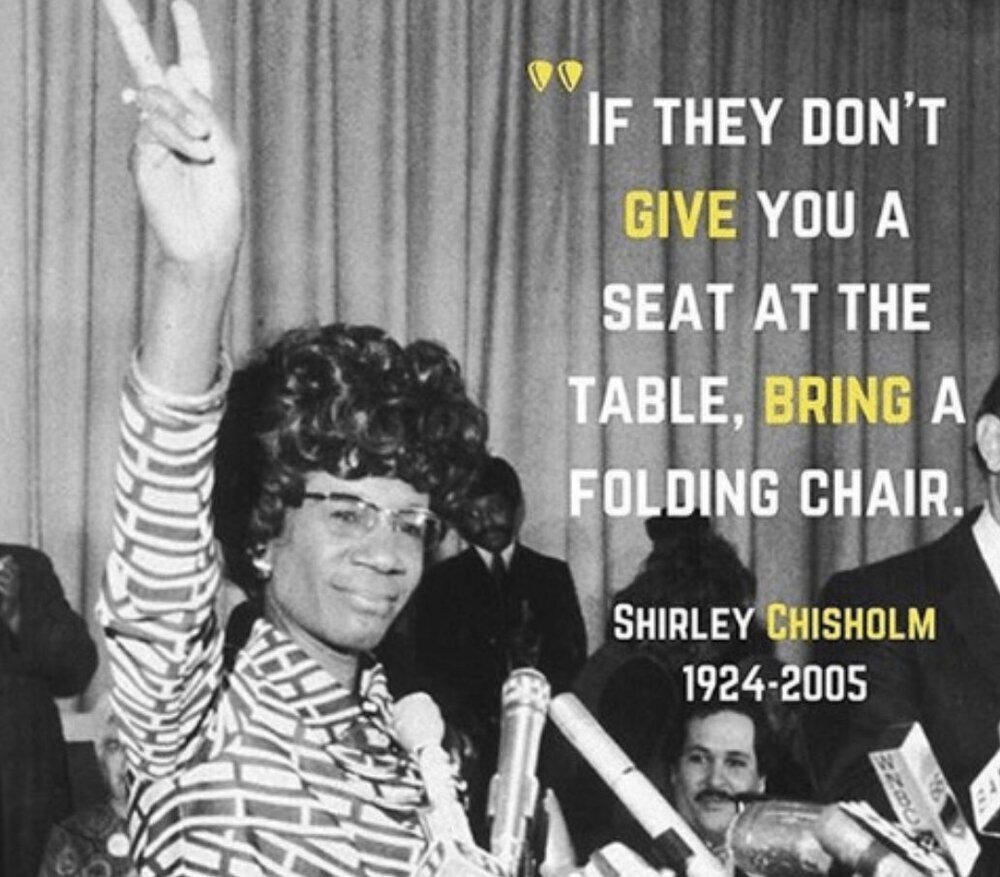From an interview with the author of Strangers to Ourselves:

 www.latimes.com
www.latimes.com
We think when we receive a diagnosis that it’s describing something that has already occurred, but a diagnosis acts on us. It’s not neutral. If an explanation contradicts the sense of who a person is, it can be damaging. There should be more attention paid to the way people describe their own distress.
Also, loneliness is such a huge part of mental illness: the loneliness of not being able to communicate about it or having someone who understands. I was struck by how a community response contributed to someone’s deterioration or recovery. It seems so basic, but it’s huge.

To get to the root of mental illness, Rachel Aviv went to the patients
In 'Strangers to Ourselves,' New Yorker science writer Rachel Aviv probes mental illness through the eyes of the patients themselves.
We think when we receive a diagnosis that it’s describing something that has already occurred, but a diagnosis acts on us. It’s not neutral. If an explanation contradicts the sense of who a person is, it can be damaging. There should be more attention paid to the way people describe their own distress.
Also, loneliness is such a huge part of mental illness: the loneliness of not being able to communicate about it or having someone who understands. I was struck by how a community response contributed to someone’s deterioration or recovery. It seems so basic, but it’s huge.







